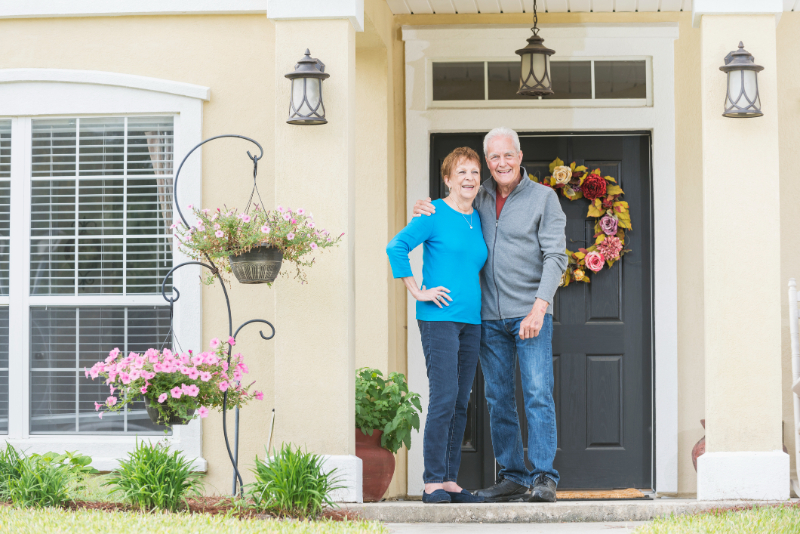
As a Senior searching for a home, it’s essential to keep your future needs in mind. Compare your housing options to avoid complicating your living situation. Don’t buy a large house that will demand a lot of upkeep at this stage in your life. It would be wise to avoid long-term financial obligations as well.
Here are some housing options to choose from:
-
SINGLE-FAMILY ONE-STORY HOUSE
This is typically the most expensive type of housing because you own both the home and the land. A single-story detached residence can be customized to meet your specific needs, including the addition of a ramp to a front or rear door if necessary.
Consider a single-story home if:
- You want the privacy of a single-family home
- Health or mobility issues make stairs difficult
- You’re okay with doing yard work yourself or hiring someone to do it for you
Downsides to consider:
- Leaf raking, lawn mowing, and snow shoveling, depending on the location
- Handling home repairs
- Neighbor disputes without homeowners’ association (HOA) involvement
-
CONDO
In a condo, you own only your unit, not the land or common areas. On top of your mortgage, you pay a monthly maintenance fee for amenities like parking lots, elevators, lawns, and recreation spaces.
HOAs handle common area upkeep, such as landscaping, trash removal, and snow clearing. Some communities deal with repainting and roof repairs.
- You’d rather have someone else handle landscaping and outdoor maintenance
- You don’t mind paying community fees
- Mobility issues don’t limit stairs
- You don’t have pets or want to move to a pet-friendly community
- Condos have rules known as Covenants, Conditions, and Restrictions (CC&Rs) that outline guidelines for owners and tenants
- Some HOAs may charge for multiple car parking, restrict pets, or limit rental units
- Check elevator accessibility in multi-story buildings with parking garages
-
MULTI-FAMILY
Multi-family housing includes multiple units in one building or connected by shared walls, such as duplexes, triplexes, quadruplexes, townhouses, and apartment buildings. Each unit has its own separate entrance, kitchen, and bathroom, but residents usually share the roof, laundry area, and yard. Condos are also part of multi-family housing, but we’ve mentioned them separately because of their unique characteristics.
Consider a multi-family unit if:
- Single-story houses or condos are outside your budget
- You’re fine with the property’s design
- You like nearby neighbors and tolerate outside noise
Multi-family downsides to consider:
- Stairs may pose challenges if you have mobility issues
- Privacy can feel unsettling with shared walls
- Sharing amenities with neighbors can lead to noise and cleanliness issues and disagreements
Consider a condo if:
Downsides to consider:
When searching for the perfect home, keep in mind that Senior homebuyers’ needs are unique, so consider your options carefully. Whether you’re interested in twin homes for sale or single-family homes, it’s crucial to assess your preferences, budget, and future requirements. Making the right choice now can ensure a comfortable and convenient living situation in the years to come.
Let Bryan Devore, a Seniors Real Estate Specialist, help you select the right housing option for you. Call Bryan and his team at 760.908.3838 or send a message here to get started.
